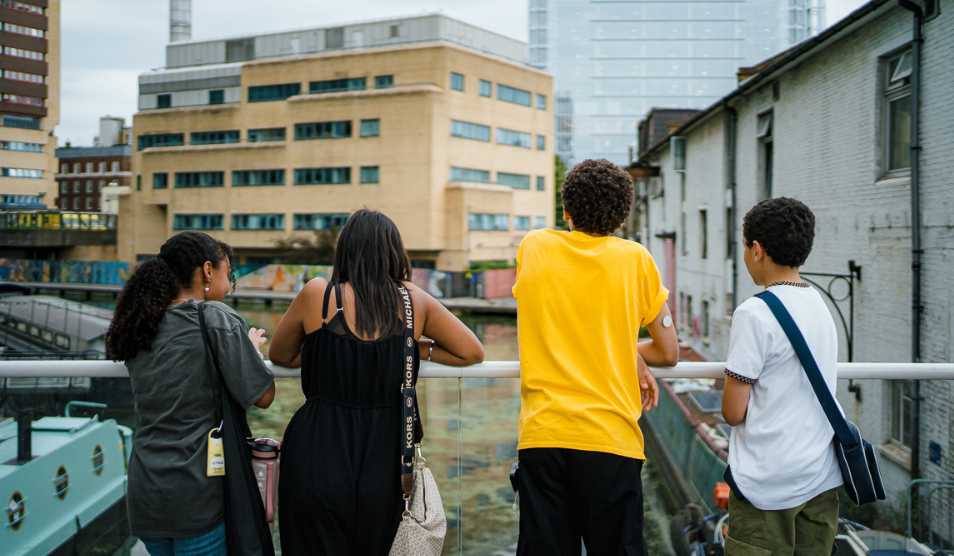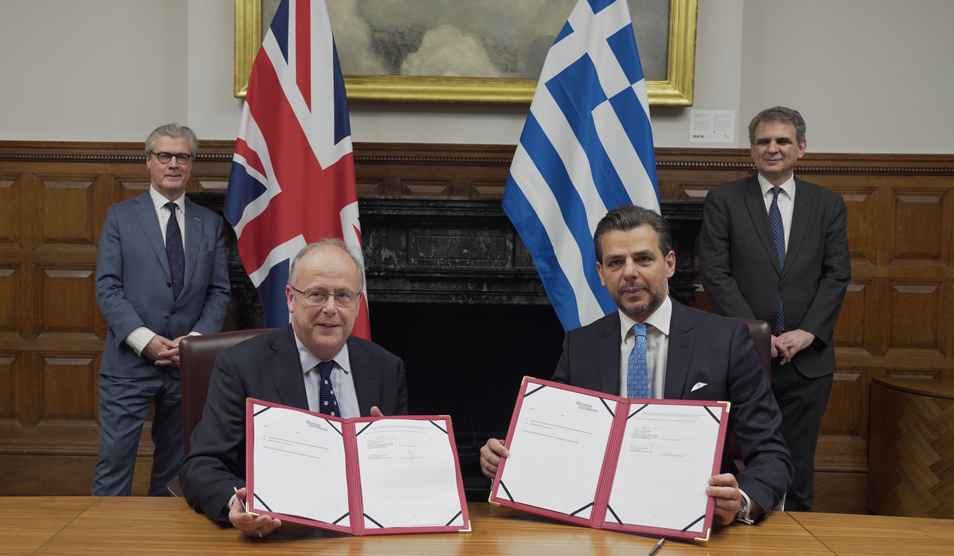International development secretary visits FGM clinic
International Development Secretary Penny Mordaunt today visited the specialist female genital mutilation (FGM) clinic at Queen Charlotte’s and Chelsea Hospital (QCCH), to see the support services available to families affected by the practice.
Imperial College Healthcare NHS Trust runs three specialist clinics for women and families affected by FGM in north west London. Known as the Sunflower clinics, they provide support to pregnant and non-pregnant women with FGM.
The visit comes as the Department for International Development announce a new £50 million UK aid package to support the African-led movement to end FGM and provide better protections for vulnerable girls in some of the world’s poorest countries.
The clinics, run at the Trust’s Queen Charlotte’s & Chelsea and St Mary’s hospitals, are staffed by female-only midwives with specialist experience in helping and caring for women with FGM. The teams can diagnose the type of FGM a woman has received and offer reversal procedures as well as referring women to specialist urogynaecology services if needed.
Midwives work alongside health advocates from community organisations including Midaye Somali Development Network, who speak English and Somali or Arabic, allowing women access to specialist counselling support services.
"We see more than 600 women a year in our clinics from a variety of diaspora communities. Often these women have little knowledge of FGM or the health implications,” said Juliet Albert, specialist FGM midwife at QCCH.
“The service we provide not only helps women physically but also psychologically. Many women are traumatised by their experience of FGM and so we are able to give them access to counsellors and other support networks. We also educate women about FGM and the health implications.”
The UK aid funding will support community programmes and grassroots campaigners in African countries to carry out work in the community, support women’s organisations and girls’ clubs in schools where they can discuss the issue in a safe space.
“Having volunteered in Africa as part of community programmes to end FGM, I know there is a strong link to the diaspora communities in the UK,” added Juliet. “By supporting the African-led movement to end FGM, hopefully we will see an end to the practice in the UK.”
FGM is a procedure where the female genitals are deliberately cut and it can seriously harm the health of women and girls, however it is a practice that is thousands of years old which continues to be performed in parts of Africa, the Middle East and Asia.



